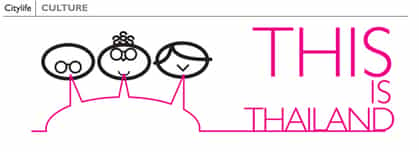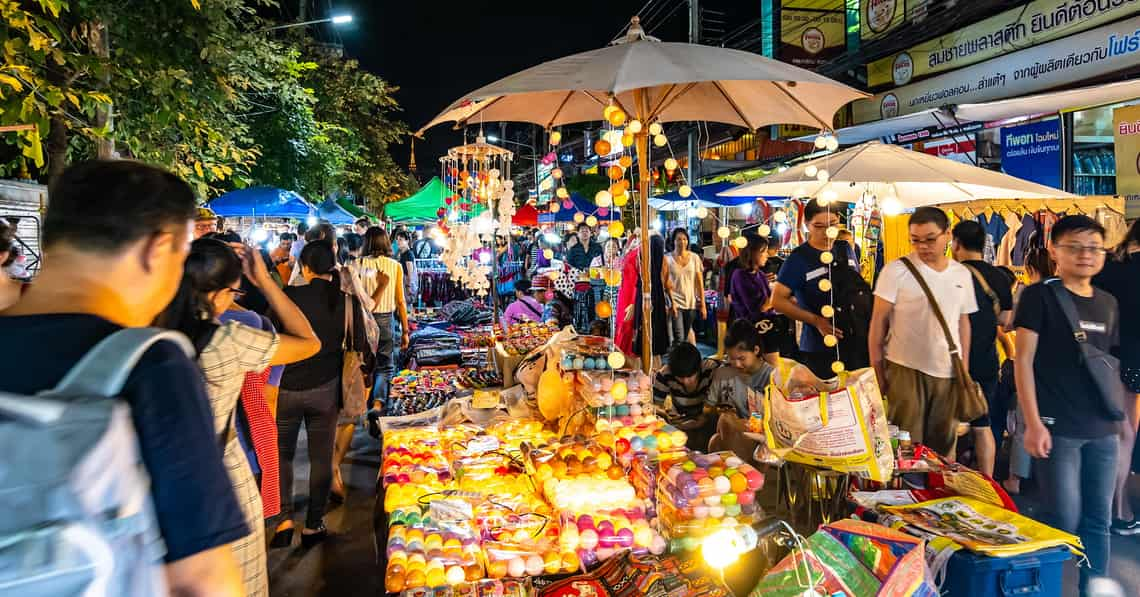
For those of you with questions regarding Thailand, Thai culture, history, tourism, laws, rules, food, nightlife, subcultures, dating; generally anything as long as it is relevant,
we have a panel of experts ready to respond to all your enquiries.
Email: hilary@chiangmaicitylife.com
1. What is that horrid buzzing sound I’m suddenly hearing everywhere I go?
Melissa (intern): That buzzing sound you’re hearing is almost definitely coming from Thailand’s annoyingly active cicada population. Cicadas are large winged insects and the males have special noise-producing membranes called tymbals on either side of their abdomens that allow them to sing a mating song known to be the loudest in the insect world, with some registering over 100 decibels. Best of all, the males tend to join together as they sing, creating a cicada chorus that sounds something like a buzz saw, but louder. While everyone else in Chiang Mai tries desperately to avoid the heat, these obnoxious little guys thrive in it. Their constant buzz means that it’s officially hot, and likely to get hotter. Because the cicadas are everywhere and their singing can travel over a mile, there’s not much to be done about the noise. That is, unless you can catch them and eat them – apparently they’re high in protein, low in fat, and carb-free! Troll around the Sunday Market and you can find them deep-fried. Not convinced? Then unfortunately the news is pretty grim. Expect them to be a fixture for the summer, until Chiang Mai cools down enough to discourage them.
2. Is maintaining my gluten-free diet in Chiang Mai a lost cause?
Mai (intern): Absolutely not! When I first came here, I also didn’t think it was possible to find gluten-free dishes since soy sauce and oyster sauce are in everything. And when it comes to noodles, it’s hard to tell if they’re the wheat-free variety. The good news is that rice, in its purest form, is gluten-free. So are all of the curries (green, red, panang, massaman). If you’re ever in doubt, go for the street food. It’s your safest bet since you can see every ingredient being used. If you’re craving gluten-free baked goods, head to Blue Diamond for its array of fresh muffins, cookies and cakes (Moon Muang Rd., Soi 9). It also doesn’t hurt to carry around a card informing restaurants that you’re gluten-free. Laminated cards can be printed in Thai at www.selectwisely.com
3. I went to a restaurant in Chiang Mai the other day and saw, to my dismay, shark fin soup on the menu. Isn’t this illegal? Is there anything I can do?
Hilary: While not illegal in Thailand, shark fin soup has been banned in many places due to the threat it poses to many species of sharks. Often the sharks are inhumanely finned alive and tossed back into the ocean. Unable to swim, hunt or survive, they simply drown. Also, shark fin is dangerously high in mercury, and eating it can cause sterility in men, central nervous system problems and kidney disease, according to studies by US-based NGO WildAid. An activist group called Fin Free Thailand (www.facebook.com/FinFreeThai) recently formed in Bangkok and started an online campaign, garnering over 3,000 signatures, to pressure restaurants in Thailand to stop serving shark fin. Less than a week after the campaign started, five-star Swissotel Le Concorde Hotel in Bangkok signed a pledge and publicly stated a new policy completely banning the serving and sale of shark fin, and is now calling on other restaurants in the area to do the same. More campaigns will be started, but the group encourages individuals who discover restaurants in their area serving shark fin to share information and ask the restaurant owners to consider going Fin Free. If that fails, you can turn up the heat by starting your own online petition at www.change.org.
4. Where can I study a course in the ancient art of cupping?
Mai (intern): It may look (and feel) really weird and it’s probably really painful, but this ancient Chinese technique has been used for centuries to ward off diseases and illnesses. Cupping, for all you novices, is essentially a Chinese medicinal method that uses heated cups to create suction on the skin, supposedly helping to eliminate toxins and stimulating the muscles to restore balance. Intriguing, no? If you are keen to learn how to practice this medical treatment in Chiang Mai, you can take the one-week medical massage course at Sabai De Ka for 20,000 baht (www.massage-chiangmai.com).
